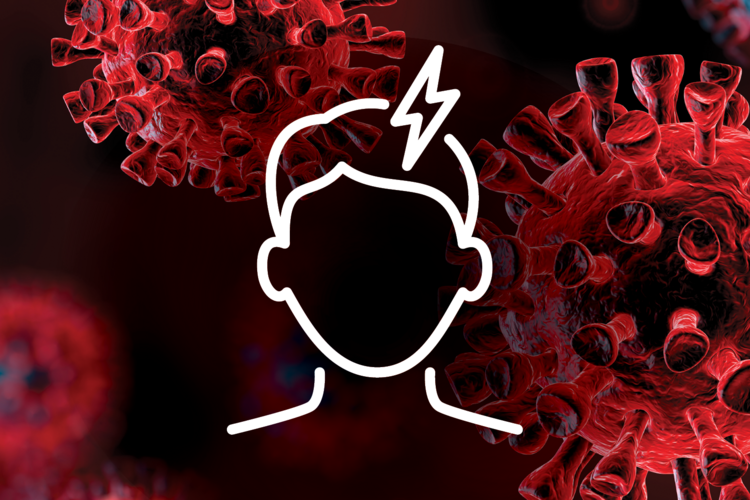The shutdowns in the United States—of businesses, restaurants, schools, churches—began one year ago this March. We asked 14 experts to reflect on the biggest lessons from the past year in the hope that they might help us find a better way forward. You can read the rest of the series here.
Adversity is a harsh teacher, but its lessons are hard to forget; and first among them is just how vulnerable and dependent each of us is. The isolation enforced by the pandemic, and the uncertainty and anxiety that trail in its wake, are stressful for all and, for some, traumatic. Deprived of the solace and support of family and friends and the reassuring routines of ordinary life, we can find ourselves irritable, moody and listless and, not uncommonly, depressed and tempted in baneful ways.
Yet a second and corollary lesson is also true: We human beings are remarkably resilient. The well-hailed heroes on the front lines and the less conspicuous but no less heroic caregivers in nursing homes or by a relative’s bedside are to be admired, in part, because they are otherwise ordinary. Afflicted like any of us, concerned about their families and making ends meet, and often shouldering additional burdens attending their race or gender, they have risen to the occasion, done what needed to be done and saved lives.
A third lesson is less obvious but no less important. The enormity and gravity of the pandemic, as well as its public nature, can dull us to traumas equally grave but altogether more personal and private. Enfolded in our shared experience is a legacy of personal adversity suffered long before Covid-19, one that rarely finds public acknowledgement but is rich in hope and possibility for the present.
We have confronted fearful threats before, sustained injury and heartache before, grieved earlier losses. Doing so was hard—perhaps harder than at present—and often lonely. But we survived. Better still, we learned to go on living: humbled but also grateful, hopefully more compassionate and a bit wiser. We can do so again. Remember: We know how to do this. Pray God, we do.
Catholic Colleges and Universities
Developing Nations
The American Family
Inequality
Technology
Catholic Schools
The American Work Force
Parish Life
Children’s Health
Economy
Catholic Hospitals
Globalization
Spiritual well-being








